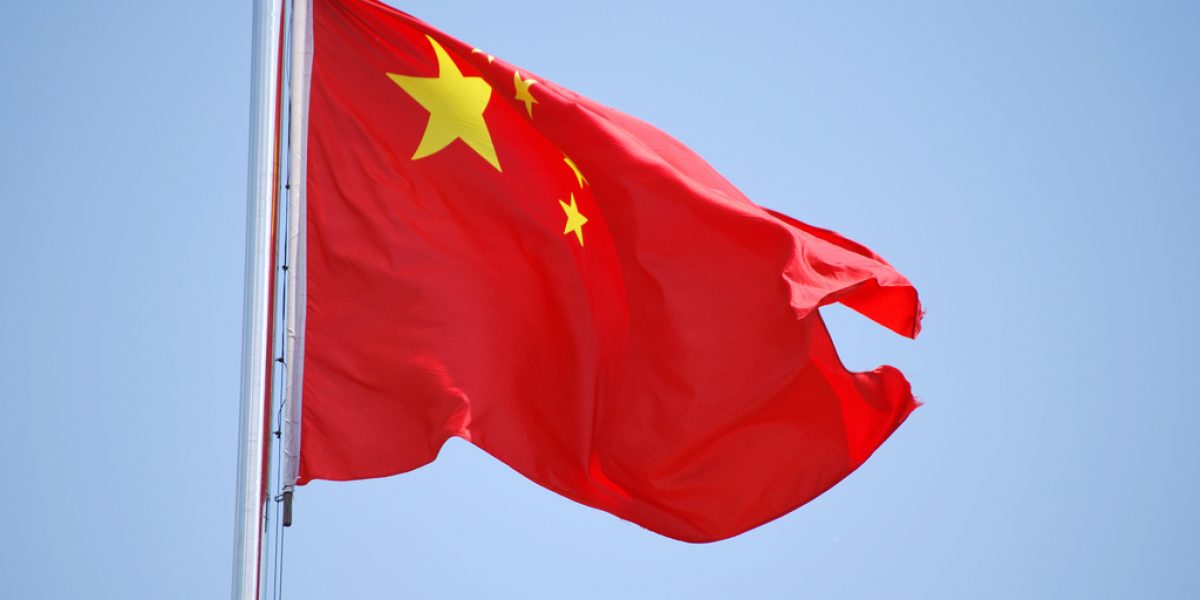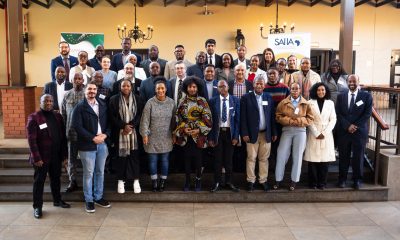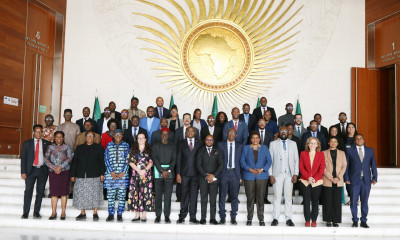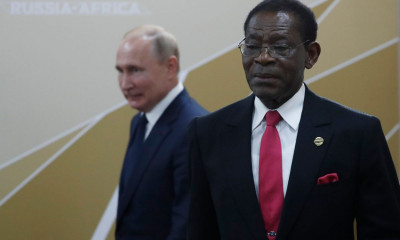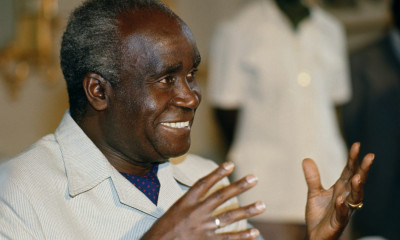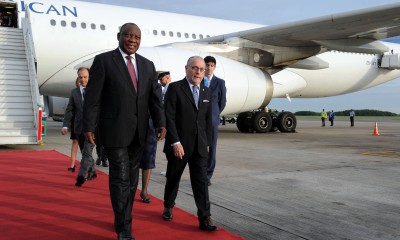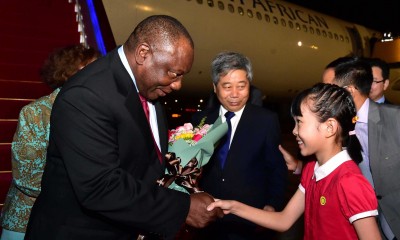While much of the discussion has focused on the implications of China’s presence in Africa, especially as it relates to traditional Western interests, very little attention has been given to the potential opportunities that it may present to enhance African development.
The Toolkit has now been updated. To see the full toolkit, click here.
You can also download the 2009 document, SAIIA China-Africa Toolkit
The fact that China’s economic expansion into Africa is continuing at a rapid rate, even in the wake of the global financial crisis, moving into new sectors and territories speaks to the determination of the Chinese to develop a long term development partnership with Africa. This profoundly political impulse on the part of Beijing, fortified by its domestic economic needs and bolstered by a desire to participate in Africa’s development, has been given expression through high profile diplomatic events such as the Forum for China Africa Co-operation (FOCAC).
African policymakers have, for the most part, treated Chinese engagement with the continent in a reactive and ad hoc fashion. Not unexpectedly, this improvised approach has produced a raft of uneven experiences with China, some to the benefit of African development others distinctively less so. While it is clear that some aspects of China’s involvement echoes features of Western engagement with Africa – for instance the focus of Chinese trade and investment in the continent’s resource sector – in many ways it is the desire to realise a long term strategic partnership which sets China apart from Africa’s traditional relationships with external powers. Indeed, Beijing has expended considerable effort to demonstrate its willingness to work together with African elites to forge ties, and increasingly it recognises the need to broaden these to civil society to ensure their long term sustainability. As this crucial new relationship takes shape, there is an unprecedented opportunity for African policymakers – particularly within government but in the commercial sector and broader civil society as well – to influence the direction and scope of these ties. Making the most of the development opportunities presented by China’s growing trade and investment in the continent has to be a key priority for African policymakers in the 21st century. However, to do so, African policymakers require information on China which is appropriate to their needs and can facilitate more effective outcomes.
In light of these concerns, the China in Africa Project at the South African Institute of International Affairs decided to put together a ‘China–Africa Toolkit’ for African policymakers. The aim is to meet this demand for a ‘one?stop shop’ that provides the critical information, basic data and focused interpretations that can enhance decision making on issues involving China. At the same time, it is recognised that no single resource can provide all the requisite information that policymakers faced with a specific set of concerns will need in a given case. For this reason, the ‘China–Africa Toolkit’ is targeted in its content, providing selective data and analysis which can be used to inform a particular decision, and is supplemented with references to other relevant resources. In the end, it is believed that by consulting the ‘China–Africa Toolkit’, African policymakers will be in a better position to understand their Chinese counterparts, their motives and methods, and compare their particular approach to an issue with the experiences of others involved with China.
Download the SAIIA China-Africa Toolkit

